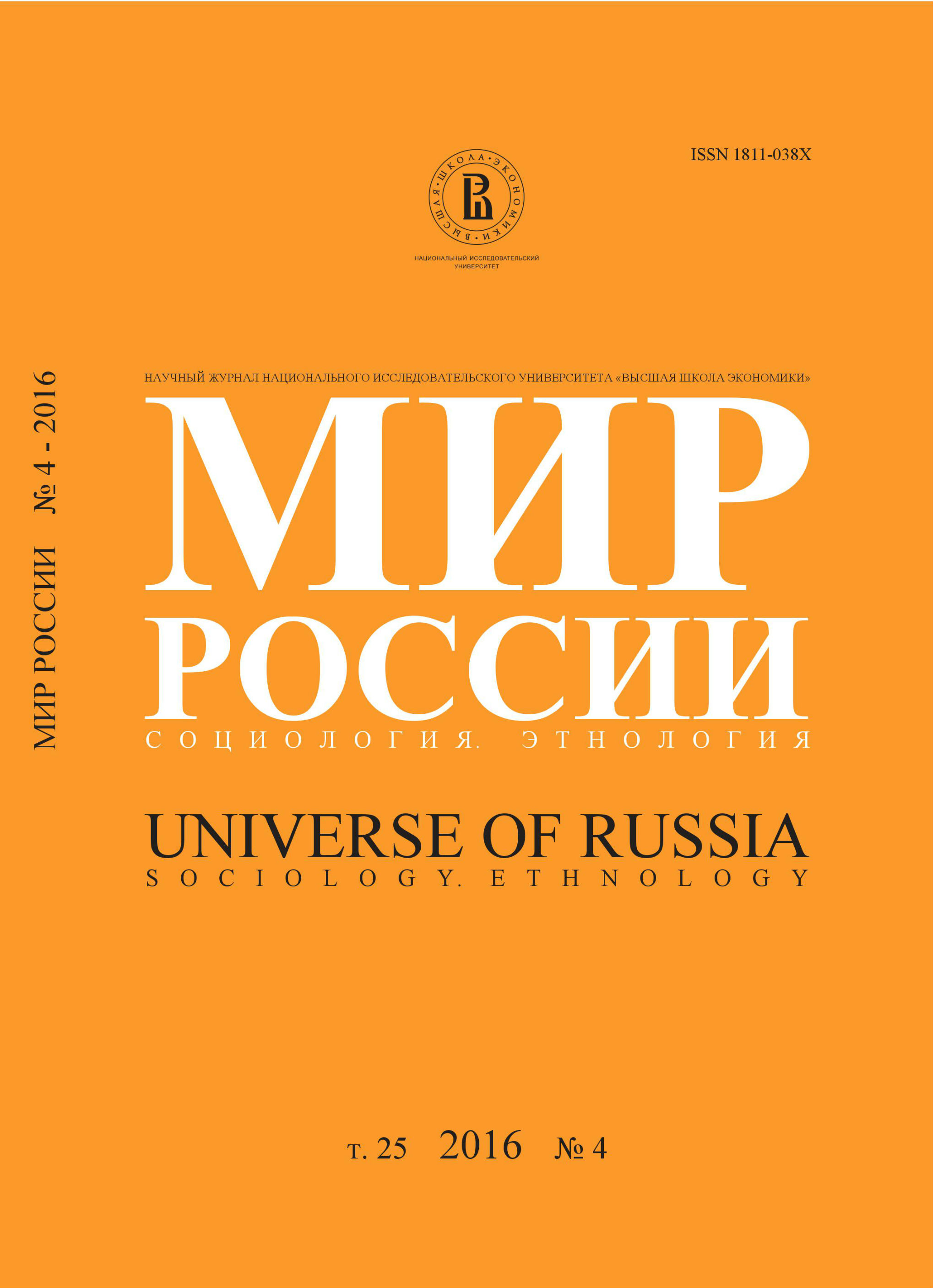Higher Education Reform as an Institutional Project of the Russian Bureaucracy: the Content and the Outcomes
Abstract
Margarita Kurbatova — Doctor in Economics, Professor, Chair of Department of Economic Theory and Public Management, Kemerovo State University. Address: 6 Krasnaya St., Kemerovo, 650043, Russian Federation. E-mail: kmv@kemsu.ru
This article shows that the outcomes of the higher education reforms in Russia were not only determined by design, but by the unintentional quality of the institutional project as a whole in which the interests of different stakeholders had to be harmonized.
The conceptual framework of the reform relied on the recent approaches in public administration and management, which basically mimic the approaches in the private sector that foster efficiency. These approaches were explicitly neoliberal in nature and involved the creation of quasi-market conditions in public sector institutions.
It is shown, however, that the negative effects of applying these new approaches to higher education in Russia were far stronger than in most other countries. This is explained by the specifics of the institutional reform developed by the expert community and officials at the Ministry of Education and Science and the peculiarities of its implementation. By analysing regulatory documents and data from surveys of Russian university lecturers the implicit and explicit goals of the reform are revealed, as are the changes in internal institutional relationships, socioeconomic standing of lecturers and other stakeholders, and the motives that shaped the reform as a whole. It is shown that the violation of the partnership principle in designing higher education reform in Russia was due to the specific political and bureaucratic context which has developed in Russia. Agency relationships in the system of public sector management (i.e. interactions between voters, policymakers, administrators and public institutions) were replaced by subordination relationships (from politicized bureaucrats to universities as producers of educational services and lecturers as the ‘cogs’ of this production). As a result, rather than being immersed in the quasi-market structures inspired by the reform’s design, the system of higher education was put under tight bureaucratic control. The bureaucrats were put in charge of setting the goals for higher education institutions and monitoring their performance and achievements, whereas universities and university lecturers had only a passive role in the reform process. In reality, however, the new rules were rejected within universities, and the existing academic structures began to erode leaving space for the further individualization of academic activities and increased university managerialism.






